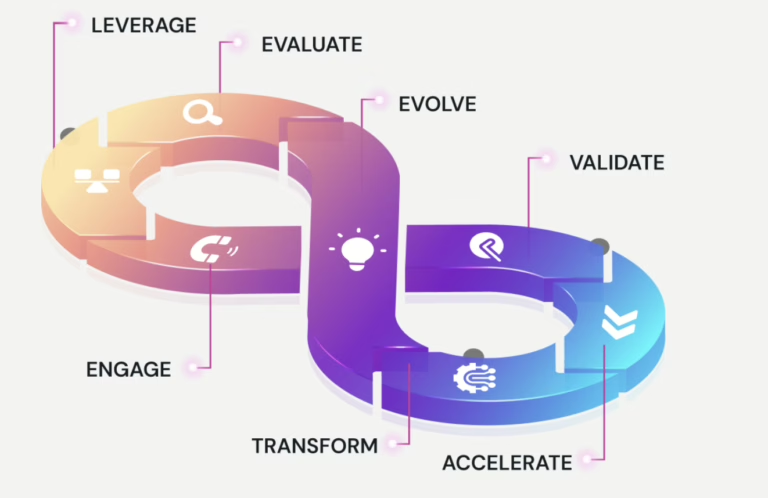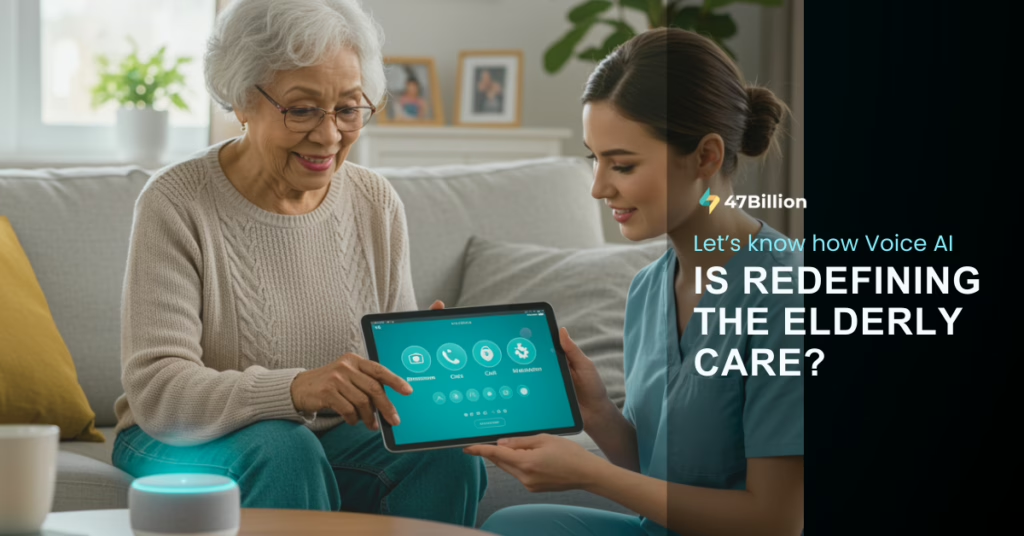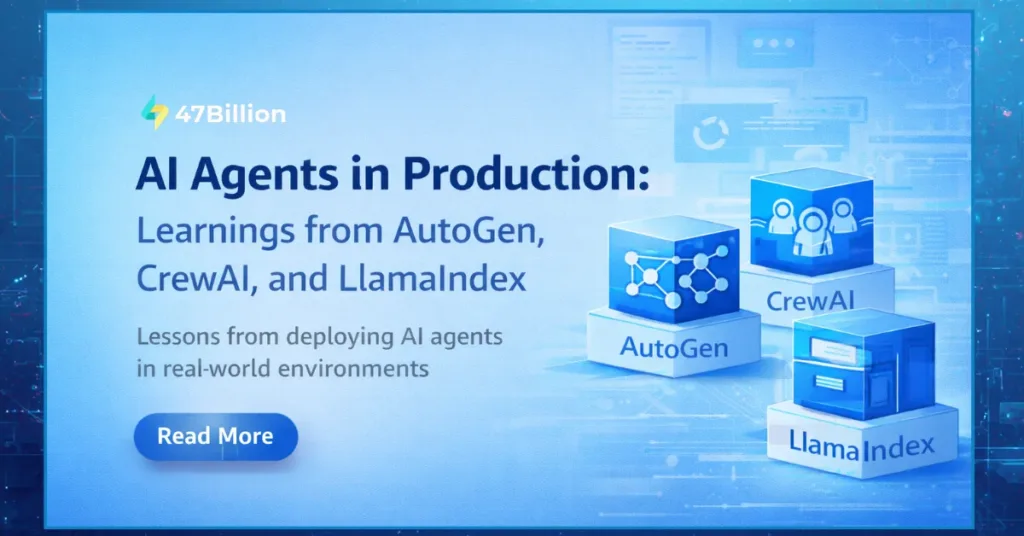Isolation, loneliness, and preventable health issues in senior adults has become a challenge.
By 2030, the global population over 60 will surpass 1.4 billion, and by 2050, 1 in 6 people worldwide will be over 65. This demographic shift is putting unprecedented strain on families, caregivers, and healthcare systems.
Enter AI agents in senior care — once considered futuristic, now rapidly moving toward mainstream adoption.
But the real question is: Can artificial intelligence in senior care truly deliver companionship, care, and connection at home?
The Rise of the AI Companion: Beyond Smart Speakers
Today virtual assistants for seniors are powered by conversational AI, machine learning, and multi-modal sensing — enabling them to understand context, predict needs, and even offer emotional support.
Some capabilities already reshaping elderly care include:
- Companionship through conversation — speaking in natural, empathetic voices that adapt to tone and pace.
- Medication & hydration reminders tailored to individual schedules.
- Predictive fall risk alerts based on gait analysis and wearable sensor data.
- Adaptive companionship — suggesting activities like a video call, breathing exercise, or walk when loneliness cues are detected.
- Personalized memory support — reminding seniors about events, names, or birthdays to reduce cognitive stress.
They don’t just respond — they listen.
They don’t just notify — they nurture.
And importantly: they don’t replace caregivers; they extend their reach — crucial in a world where caregiving shortages are becoming critical.
The Convergence of Voice Tech and AI
Voice-based technology isn’t new. What’s revolutionary today is the tight coupling of voice recognition, natural language processing (NLP), predictive analytics, and AI-driven decision-making.
This fusion is what makes AI companions human-like in responsiveness.
- Adaptive Listening – Far-field microphones with beamforming isolate the senior’s voice from background noise, adjusting to tremors, slow speech, or accent shifts.
- Context-Aware Understanding – NLP interprets intent, not just words. If a senior says, “I feel dizzy,” the assistant cross-references wearable data (BP, hydration, medication intake) before deciding whether to alert a caregiver.
- Predictive Decision-Making – Machine learning models trained on geriatric datasets can forecast risks like dehydration, sleep disruption, or depression weeks before symptoms become severe.
- Multi-Modal Integration – These assistants don’t work alone. They connect with AI-enabled fall detection systems, remote health monitoring platforms, and telehealth services to create a seamless care ecosystem.
This isn’t “Alexa for seniors.”
This is Voice AI as a companion.
Real-World Impact: AI Already in Action
- Remote Health Monitoring for Elderly Patients
- AI-powered wearables and home sensors track heart rate, oxygen, mobility, and sleep.
- Data is processed in real time, with anomalies flagged to caregivers or clinicians.
- Example: Philips’ AI-enabled monitoring platforms report a 26% reduction in hospital readmissions.
- AI-Enabled Fall Detection Systems
- Falls cause 3 million ER visits annually in the US (CDC).
- Next-gen AI systems use computer vision + motion analytics to detect pre-fall gait changes and intervene proactively.
- Cognitive & Emotional Support
- Conversational AI assistants conduct natural dialogues, detect stress through voice biomarkers, and recommend mental exercises.
- Pilot studies show up to 34% reduction in reported loneliness among seniors using AI companions for 3+ months.
- Daily Routine Management
- From “meds after breakfast” reminders to scheduling social events, AI for elderly care makes daily life structured, reducing caregiver burden.
Types of AI in Senior Care: The 360° Ecosystem
| Type of AI | Functionality Example |
| Predictive AI | Anticipating dehydration, fall risk, or sleep disruptions |
| Conversational AI | Engaging in empathetic, human-like dialogue |
| Computer Vision AI | Detecting movements, facial expressions, fall events |
| Natural Language Processing (NLP) | Understanding tone, mood, and intent |
| Reinforcement Learning | Personalizing routines based on senior feedback |
| AI-driven Elder Care Platforms | Connecting multiple data streams for holistic insights |
Together, these build AI-driven elder care platforms capable of delivering both personalization and scalability — something human care alone cannot achieve.
Challenges on the Road to Adoption
Despite progress, hurdles remain:
- Digital Literacy – Seniors who’ve never used smartphones must find AI intuitive and non-threatening.
- Trust & Emotional Acceptance – Can machines truly gain the emotional trust of seniors without human warmth?
- Data Privacy & Ethics – With highly sensitive health data, systems must be HIPAA/GDPR compliant, using on-device encryption and transparent consent models.
- Integration Complexity – Fragmented healthcare IT systems slow interoperability between hospitals, insurers, and AI tools.
The Social & Economic Imperative
Here’s the hard truth –
- By 2030, the US will face a shortage of over 1 million home health aides (Bureau of Labor Statistics).
- The global elderly care market is projected to hit $2 trillion by 2032, with AI solutions accounting for a growing share.
- Without AI in home healthcare, families, hospitals, and economies risk collapse under the weight of demand.
AI is not just innovation. It’s infrastructure for aging societies.
So, Are We Ready?
Maybe not fully.
But readiness is accelerating:
- Seniors are more open than assumed — surveys show 67% of older adults are comfortable using AI assistants for health reminders if designed intuitively.
- Costs are falling — AI-enabled devices are projected to decline in cost by 40% over the next five years.
- Healthcare providers are piloting adoption — from AI-powered healthcare for seniors in Japan to predictive elder care trials in Europe.
The bridge is clear:
Just as smartphones became the digital lifeline across generations, AI companions — empathetic, proactive, and health-aware — could become the emotional and functional lifeline for aging with dignity.
Because aging should never mean being alone.
And technology, when designed with empathy, can be the most compassionate caregiver of all.
Final Thought
We’re not just building machines.
We’re reimagining elder hood — with independence, and care.
Intelligent Virtual Assistants for Seniors aren’t the future. They are the present.
The real question isn’t are we ready?
It’s how quickly can we scale this to every senior who deserves it?







